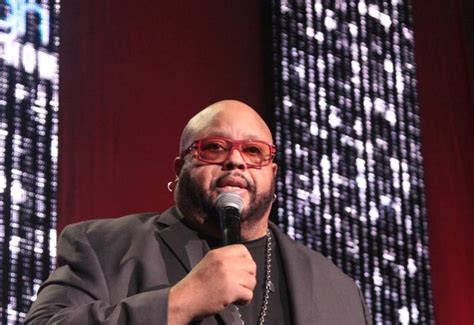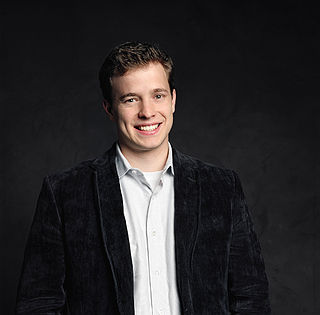A Quote by Shane Claiborne
I wondered if there were other restless people asking the question with me: What if Jesus meant the stuff he said?.
Related Quotes
You know I told the Lord, "Why can't I just move in healing and forget talking about all that other stuff." He said: " Because, Todd, you've got to get the people to believe in the angel". I said, "Why do I want people to believe in the angel. Isn't it about the people believing in Jesus?" He said, "The people already believe in Jesus but the church doesn't believe in the supernatural."
So what Jesus taught must be understood from the deepest level and that is one of the best sayings to show that he was talking in that way. In the book Revelations from Christ, I found out something that Yogananda said. That Jesus had said son of men and son of God, and people often misunderstand so sometimes the translations themselves are wrong for that reason. So when he said son of man he meant his human body and personality. When he said son of God, he meant the infinite Christ consciousness with which he'd obtained oneness.
It wasn't shared social status or ethnicity that brought Jesus' followers together either, nor was it total agreement on exactly who this Jesus character was - a prophet? The Messiah? The Son of God? No, there is one thing that connected all these dissimilar people together it was a shared sense of need: a hunger, a thirst, a longing. It was the certainty that, when Jesus said He came for the sick, this meant Jesus came for me.
Jesus didn't mean this as a sweeping command for everyone who has a lot of money. Jesus meant this for any of us who wallow in whatever abundance we have. I imagine Jesus looked straight into this young man's soul and said, 'I want you to give up the one thing you crave more than me. Then come, follow me.'
It's the most annoying question and they just can't help asking you. You'll be asked it at family gatherings, weddings, and on first dates. And you'll ask yourself far too often. It's the question that has no good answer. It's the question that when people stop asking it, you'll feel even worse. - WHY ARE YOU SINGLE?
It's easier to keep your stuff then it is to expose it, because some people don't get it. At the cross, at the feet of Jesus, there were some people who said, "Good! I'm glad that you're dead." Then there were some that were crying and saying, "Why are you doing this to this innocent man?" It is not easy to do.
Clark, what in your honest opinion is the right standard for determining conduct? Is the only right standard for everyone, the probable action of Jesus Christ? Would you say that the highest, best law for a man to live by was contained in asking the question 'What would Jesus do?' And then doing it regardless of results? In other words, do you think men everywhere ought to follow Jesus' example as closely as they can in their daily lives?






































